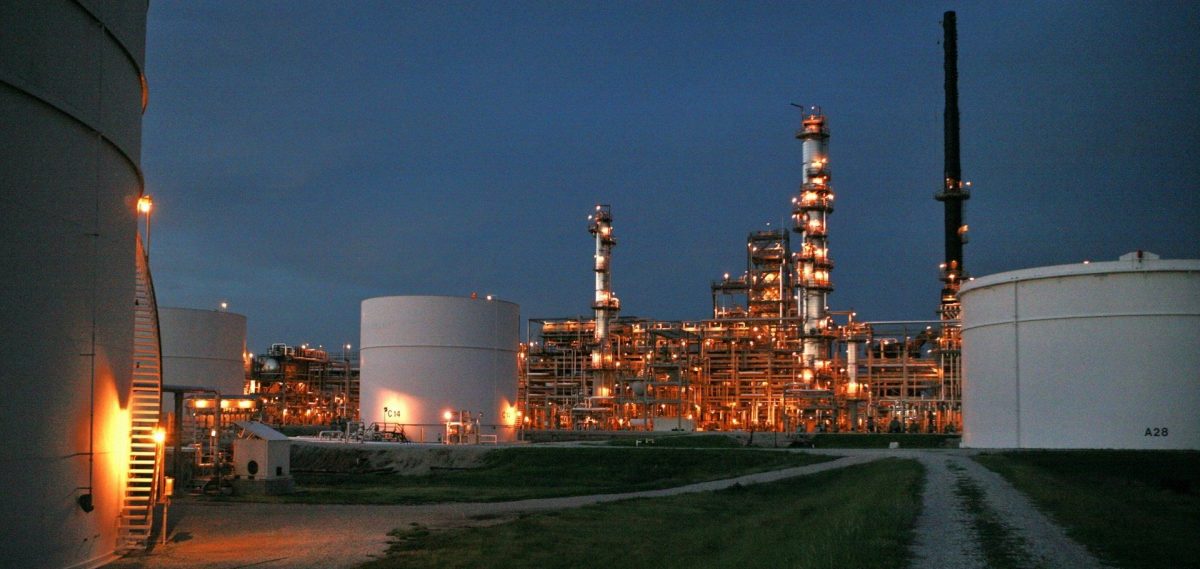After many years of opacity and difficulty in determining the country’s actual fuel consumption, the regulatory authority of the Nigerian petroleum industry, the Department of Petroleum Resources, DPR, yesterday, put national demand for Premium Motor Spirit, also known as petrol, at 38.2 million daily.
Determining Nigeria’s actual fuel consumption had over the years, been a herculean task, especially as the figure remains critical in determining the country’s revenue, as well as the amount the country is spending on fuel subsidy.
Prior to the administration of President Muhammadu Buhari, Nigeria’s fuel consumption figure had been put at between 30 million and 35 million litres. It later rose to 60 million litres per day, 55 million litres, while until today, no one actually knows the country’s daily fuel consumption.
As a result of this, the Federal Government set up a committee to determine Nigeria’s actual fuel consumption using advanced information and communication technology, as well as improved surveillance.
In its National Stock Reports released Wednesday, the DPR stated that as February 25, 2020, the cumulative stock of PMS at depots across the country was 915.772 million litres, dropping by 3.15 per cent from 945.6 million litres recorded February 24, 2020.
The DPR disclosed that the PMS stock was owned by the Petroleum Products Marketing Company, the downstream subsidiary of the Nigerian National Petroleum Corporation, NNPC; as well as major and independent oil marketers.
The DPR attributed the decline in national PMS stock levels to vessel discharges and truck out activities across the depots.
It said “As at 25th February 2020, the cumulative depot stock of PMS at the depots was 915,771,566 litres (combined PMS stock owned by PPMC, major and independent marketers) vis-à-vis 945,604,305 litres on 24th February 2020 indicating a decrease of depot PMS stock due to vessel discharges and truck out activities (Table A and B) respectively at the depots.
“Applying the estimated daily national demand of 38,200,000 (thirty-eight million two hundred thousand) litres, available depot PMS stock of 915,771,566 litres is sufficient for 24 days.”
The DPR report further stated that as at February 25th, 2020, stock levels in 40 depots in Lagos stood at 539.99 million litres; while in Calabar/Eket, 82.97 million litres of PMS were available in 11 depots across the state.
In Warri, Port Harcourt, Umuahia and Kaduna, PMS stock levels stood at 146.94 million litres, 129.19 million litres, 6.99 million litres and 9.68 million respectively.
Furthermore, the report disclosed that on February 25, 2020, as at 600hours, seven vessels discharged 61.055 million litres of PMS at depots in the Lagos Zone, bringing PMstock levels in Lagos to 537.95 million litres after daily truck out.
In its 2019 Benchmarking Exercise Report, released weekend, the Nigeria Natural Resource Charter, NNRC, confirmed the difficulty that had persisted in determining Nigeria’s actual fuel consumption and also highlighted recent efforts by the government to reverse this trend.
It said, “In addition, steps were observed to increase the monitoring of the supply and distribution of refined petroleum to have a fair assessment of the country’s consumption level. In October 2019, the government reportedly launched the automated Downstream Operations and Financial Monitoring Centre (DOFMC) through NNPC.
“According to the public affairs unit of the NNPC, DOFMC is part of a five agency operation to ‘monitor products supply and distribution across the country and check unwholesome practices with a view to authenticating the actual volume of products imported and consumed in the country.’”
